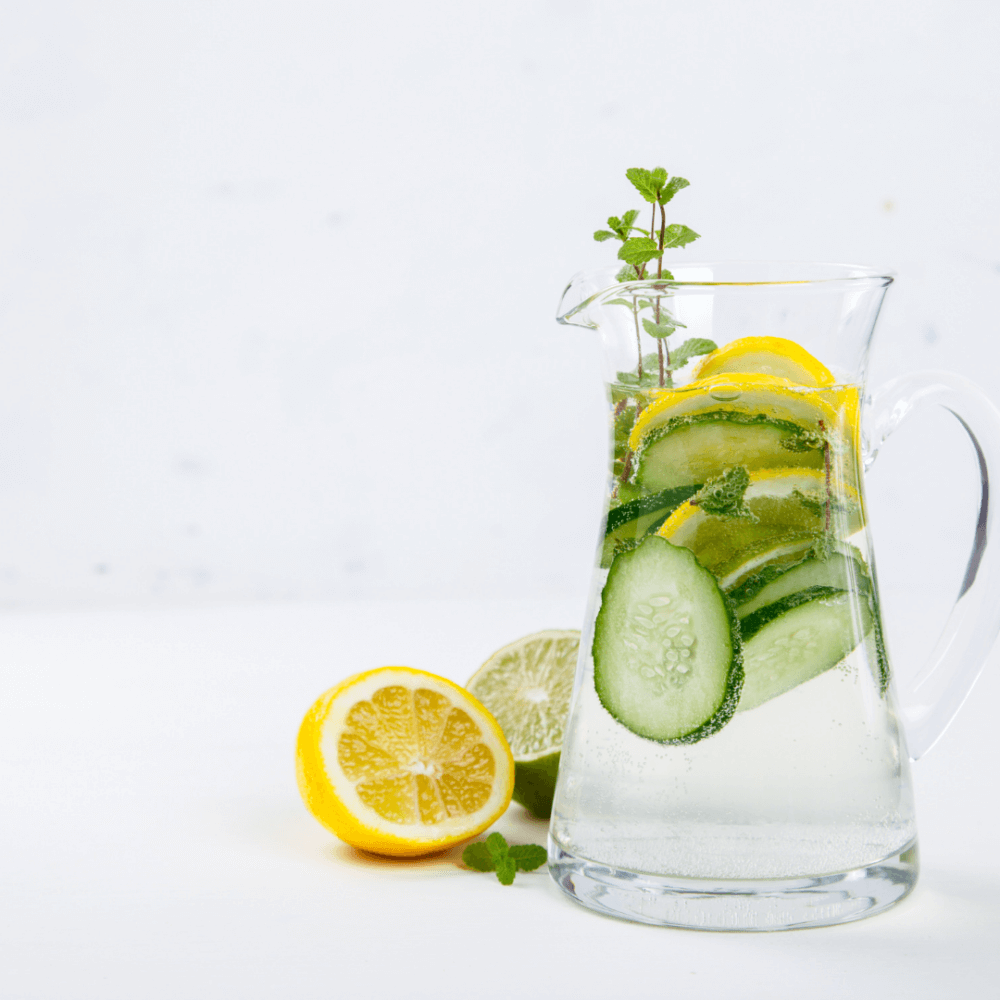The Importance of Hydration in Seniors
Staying hydrated, especially during the summer months is important as we age. Continue reading our blog for tips on staying hydrated.

The Importance of Hydration in Seniors
The Importance of Hydration for Seniors
The elderly are more susceptible to dehydration due to several factors. Their sense of thirst may diminish with age, making it more challenging for them to realise when they become dehydrated. Certain medications commonly prescribed to older adults, such as diuretics, can increase urine production and contribute to fluid loss.
Signs and Symptoms of Dehydration in the Elderly
It is crucial to be aware of the signs and symptoms of dehydration in the elderly to ensure early detection and intervention. Common indicators of dehydration in older adults include:
- Confusion and delirium
- Dry lips
- Headache
- Dizziness
- Dark, strong-smelling urine
- Weakness
Tips for Promoting Hydration in the Elderly
Offer Hydrating Foods and Drinks which can help increase their fluid intake. Foods with high water content, such as watermelon, cucumbers, yoghurt and soups, can help hydration. It is also important to encourage the consumption of fluids throughout the day, such as water, tea or coffee and fruit juices. Infuse water with fruits or vegetables like cucumber and mint, lemon and ginger, or try strawberry and basil.
Encourage Regular Fluid Intake as the elderly may forget to drink regularly, so it is important to remind them to have a drink, you could make a chart for them as a reminder.
Regularly monitoring hydration levels can help detect dehydration early on. This can be done by observing the colour of urine, checking for signs of thirst, and evaluating overall well-being. In some cases, healthcare professionals may recommend using urine colour charts to assess hydration status.
For older adults with diabetes, managing hydration levels is crucial in maintaining blood sugar control. Encouraging regular water intake and avoiding sugary drinks can help prevent dehydration while supporting diabetes management.
Hydration for people who suffer from Dementia
Older adults with dementia may require assistance and reminders to stay hydrated. Offering fluids in easy-to-hold cups or using straws can make drinking easier for people with cognitive impairments.
Hydration is crucial for the overall health and well-being of the elderly. Age-related changes, medications, and health conditions can increase the risk of dehydration in this population. By understanding the importance of hydration and implementing strategies to promote it, caregivers, healthcare professionals, and family members can help older adults maintain optimal hydration levels and improve their quality of life.
Home Instead Worcester can help you to live well at home in the place you love for longer. Enquire about our Home Care services today on 01905 420404.
